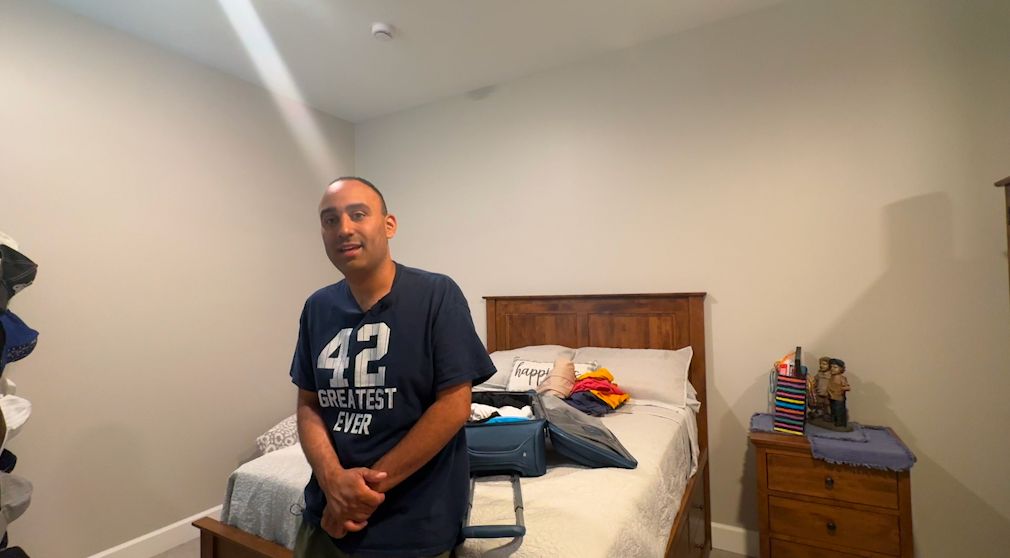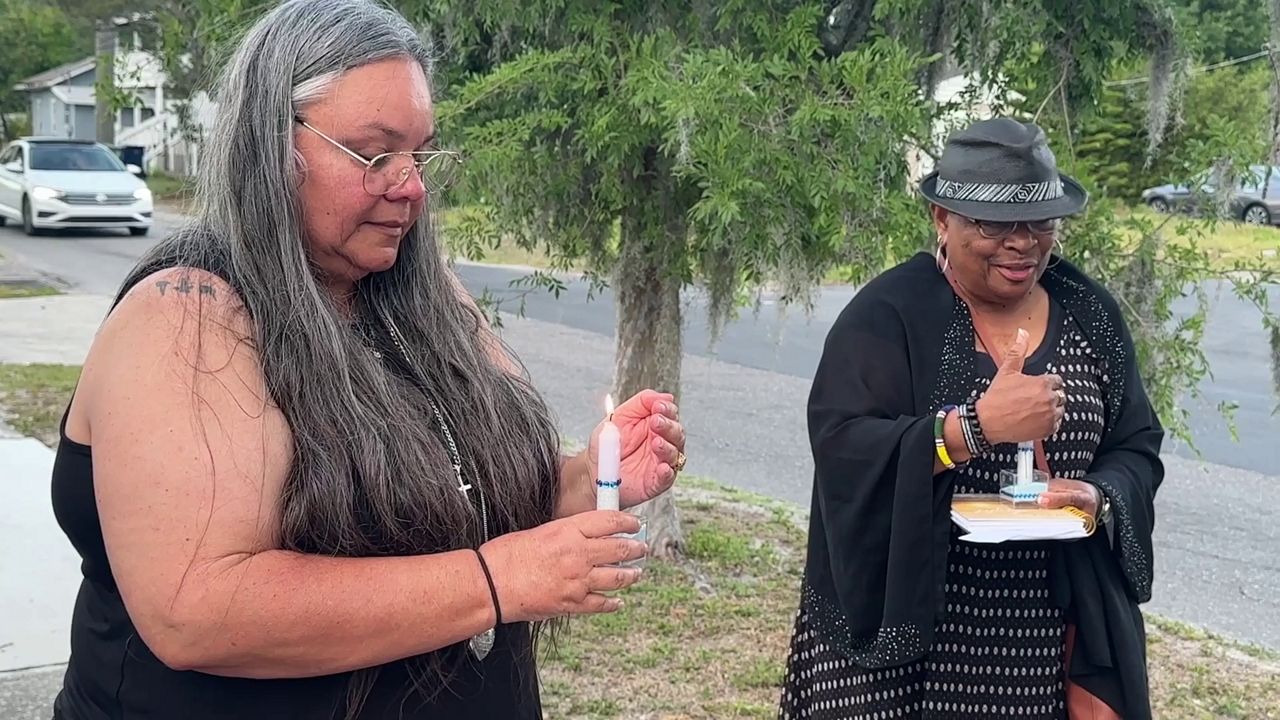PLANT CITY, Fla. — According to the latest data from the National Rural Health Association, the patient to primary care physician ratio is about 39 physicians for every 100,000 people. Experts say that can make it harder for communities in rural places to get care closer to them.
In Plant City, one of those crucial gaps is resources for those with special needs.
For Andrea Svenby, her children are her world. Photos in her home show some of the best memories with them.
“This is my son Elias," she said. "He’s almost 10, this month he’ll be 10, and this picture was the first time we ever went to the beach."
Her son Elias Svenby Jasim was diagnosed with chromosomal deletion, which can bring other diagnoses like autism and ADHD.
“We’ve just been trying to navigate through that for the past almost 10 years and it’s been quite a journey,” she said.
It’s a journey that she says has brought on new challenges every day.
She moved to Plant City two years ago and now spends hours in her car driving to and from therapy appointments because she says there’s nothing close to her home.
She says it crucial to take Elias to his appointments, which can sometimes cause him to miss school.
“He needs that support that shows from a therapist's point a view this is why he’s struggling in school,” she said.
She’s even had to drive to Orlando to get care.
Even though Svenby is connected with centers to guide her, she said the options are not close by.
According to the CDC, people with disabilities in rural areas face harder times accessing resources because of transportation or access to education about resources available.









